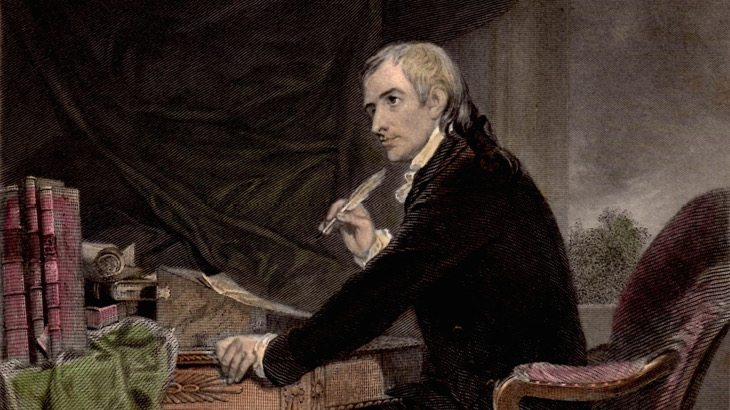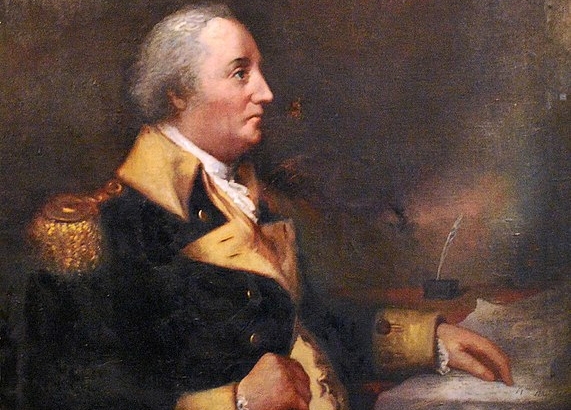
Essay Read By Constituting America Founder, Actress Janine Turner
“They were likewise sensible that on a subject so comprehensive, and involving such a variety of points and questions, the most able, the most candid, and the most honest men will differ in opinion…Although many weeks were passed in these discussions, some points remained, on which a unison of opinions could not be effected. Here again that same happy disposition to unite and conciliate, induced them to meet each other; and enabled them, by mutual concessions, finally to complete and agree to the plan they have recommended, and that too with a degree of unanimity which, considering the variety of discordant views and ideas, they had to reconcile, is really astonishing…Reflect that the present plan comes recommended to you by men and fellow citizens who have given you the highest proofs that men can give, of their justice, their love for liberty and their country, of their prudence, of their application, and of their talents. They tell you it is the best that they could form; and that in their opinion, it is necessary to redeem you from those calamities which already begin to be heavy upon us all.” – John Jay, first Chief Justice of the United States Supreme Court, in his pamphlet, A Citizen of New York: An Address to the People of the State of New York, April 15, 1788.
“I do solemnly swear (or affirm) that I will support and defend the Constitution of the United States against all enemies, foreign and domestic; that I will bear true faith and allegiance to the same; that I take this obligation freely, without any mental reservation or purpose of evasion; and that I will well and faithfully discharge the duties of the office on which I am about to enter: So help me God.”
The Oath of Office for elected and appointed officials of the United States government, including Congressional Senators and Representatives, states that they will “support and defend” and “bear true faith and allegiance” to the United States Constitution. Yet, the first time the Constitution was read aloud in the Congress was in 2011. Every two years since, at the beginning of each new Congressional term, members of the House from both parties, for most years since 2011, read aloud the Constitution.
Many Americans support Congress taking time (approximately 45-90 minutes) at the beginning of each Congressional session to read aloud the document they pledge to support; many other Americans consider the reading a waste of time. Videos of the readings seem to support the latter opinion. The only members of Congress in the Chamber during the reading appear to be those who read passages. If all members are not present following along, one can easily conclude that there is little to no value to the exercise.
In September, 1787, upon completion of the writing of the Constitution, a Mrs. Powel is reported to have asked Benjamin Franklin, upon exiting Independence Hall in Philadelphia, “Well, Doctor, what have we got, a republic or a monarchy?” Dr. Franklin replied “A republic, if you can keep it.”
The creation of the document, the Constitution, over the summer of 1787 involved much heated debate among the Convention’s delegates, focused primarily on the concern over the transition from a Confederation, where the states were relatively independent and sovereign, to a Representative Republic, which many feared would eventually become more authoritarian in practice, leaving the states with little to no sovereign powers. New York’s ratification was a concern. Alexander Hamilton and John Jay of New York and James Madison of Virginia took it upon themselves to write the Federalist Papers for publication in New York newspapers to promote ratification by New York.
Jay also wrote a pamphlet entitled Address to the People of New York in April 1788, to further convince New York to ratify the Constitution. At the time of his Address, only six of the required nine states had ratified the Constitution. New York ratified the document in July, after the required nine had been achieved.
After the Constitution was ratified, the desired “more perfect union” quickly reflected Madison’s warning of faction, expressed in Federalist 10. Jefferson and Madison formed the Democratic Republican Party to oppose their perceived centralized national government tendencies of the Federalist Party of George Washington and John Adams. Over the past 231 years, the “more perfect union” has been under constant attack and counterattack by factions.
Some of today’s influential politicians believe that the 1787 Constitution no longer is relevant in a more pluralistic and modern nation than existed in 1787. Some others differ and believe that the core principles of the Declaration of Independence and the Constitution reflect the best aspirations of the nation formed in the 18th century, that those aspirations remain relevant today and must be retained.
So, many questions are worth asking. For example, if a member of Congress professes to be a Socialist and intends to propose legislation that makes the country more Socialist in nature, is he or she not “bearing true faith and allegiance” to the Constitution? If a member of Congress encourages universities to stifle the speech of members of opposition parties in the classroom and at on campus events, is he or she rejecting the First Amendment to the Constitution, not “supporting and defending” the Amendment? Many other similar questions can be posed.
All factions over the past 231 years have believed that they have better plans for how the American government should be structured. But, John Jay’s 1788 remarks on that topic are as relevant today as they were in 1788.
Jay also noted in his address to the People of the State of New York that:
“zeal for public good, like zeal for religion, may sometimes carry men beyond the bounds of reason. Remember that a power to do good, always involves a power to do harm. The objections made to it (the Constitution) are almost without number, and many of them without reason—some of them are real and honest, and others merely ostensible.”
He acknowledges man’s hubris, saying:
“Let it be admitted that this plan, like everything else devised by man, has its imperfections: That it does not please everybody is certain and there is little reason to expect one that will. It is a question of great moment to you, whether the probability of your being able seasonably to obtain a better, is such as to render it prudent and advisable to reject this, and run the risk.
They do not hold it up as the best of all possible ones, but only as the best which they could unite in, and agree to. What reason have we at present to expect any system that would give more general satisfaction?”
Today, some on both sides of the political divide suggest that we should have a Constitutional Convention. Jay addressed this also.
“Some will answer, let us appoint another Convention. This reasoning is fair, and as far as it goes has weight; but it nevertheless takes one thing for granted, which appears very doubtful; for although the new Convention might have more information, and perhaps equal abilities, yet it does not from thence follow that they would be equally disposed to agree. The contrary of this position is the most probable. You must have observed that the same temper and equanimity which prevailed among the people on the former occasion, no longer exists. We have unhappily become divided into parties.
Nor will either party prefer the most moderate of their adherents, for as the most staunch and active partisans will be the most popular, so the men most willing and able to carry points, to oppose, and divide, and embarrass their opponents, will be chosen. The same party views, the same propensity to opposition, the same distrusts and jealousies, and the same unaccommodating spirit which prevail without, would be concentrated and ferment with still greater violence within. As vice does not sow the seeds of virtue, so neither does passion cultivate the fruits of reason. To expect that discord and animosity should produce the fruits of confidence and agreement, is to expect “grapes from thorns, and figs from thistles.”
A discordant warning follows:
“But if for the reasons already mentioned, and others that we cannot now perceive, the new Convention, instead of producing a better plan, should give us only a history of their disputes, or should offer us one still less pleasing than the present, where should we be then? The old Confederation has done its best, and cannot help us; and is now so relaxed and feeble, that in all probability it would not survive so violent a shock. Then “to your tents Oh Israel!” would be the word.”
Jay concludes, saying:
“Let us also be mindful that the cause of freedom greatly depends on the use we make of the singular opportunities we enjoy of governing ourselves wisely; for if the event should prove, that the people of this country either cannot or will not govern themselves, who will hereafter be advocates for systems, which however charming in theory and prospect. are not reducible to practice. If the people of our nation, instead of consenting to be governed by laws of their own making, and rulers of their own choosing, should let licentiousness, disorder, and confusion reign over them, the minds of men everywhere, will insensibly become alienated from republican forms, and prepared to prefer and acquiesce in Governments, which, though less friendly to liberty, afford more peace and security.
Some of our Congressional Representatives and Senators may sincerely believe that a better government can be formed than the Republic under which we have prospered for 231 years. If so, then they should meet, not in a Constitutional Convention, but in study groups outside of Congress to discuss, plan, and test their ideas against history. In the meantime, their duty, expressed in their oath of office, is to better understand the Constitution under which they serve and to faithfully uphold its principles and laws. They should not propose legislation, nor ignore enforcement of existing legislation, that they can, and should, know is inconsistent with the Constitution to which they have obligated themselves to “bear true faith and allegiance” as well as to “protect and defend.”
 Ron Meier is a West Point graduate and Vietnam War veteran. He is a student of American history, with a focus on our nation’s founding principles and culture, the Revolutionary War, and the challenges facing America’s Constitutional Republic in the 20th and 21st centuries.
Ron Meier is a West Point graduate and Vietnam War veteran. He is a student of American history, with a focus on our nation’s founding principles and culture, the Revolutionary War, and the challenges facing America’s Constitutional Republic in the 20th and 21st centuries.
Sources:
Bowen, Catherine. Miracle at Philadelphia. New York: Little, Brown and Company, 1986
“I Do Solemnly Swear” – The Oath Of Office And What It Means | FedSmith.com
1787: Jay, Address to the People of N.Y. (Pamphlet) | Online Library of Liberty (libertyfund.org)
Order of States in Ratification of the US Constitution (thoughtco.com)
Click here for First Principles of the American Founding 90-Day Study Schedule.
Click here to receive our Daily 90-Day Study Essay emailed directly to your inbox.

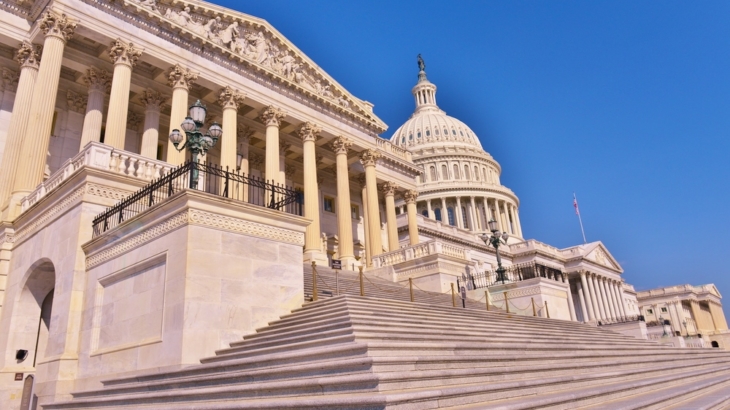
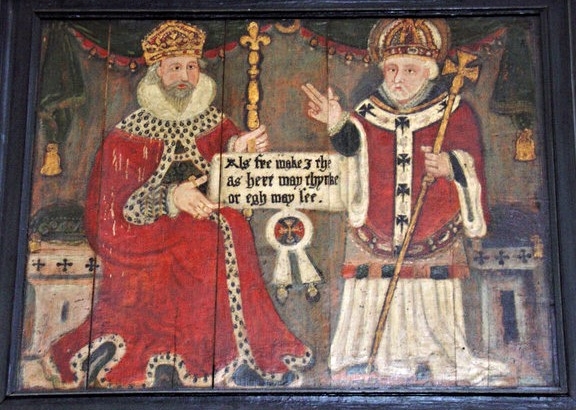


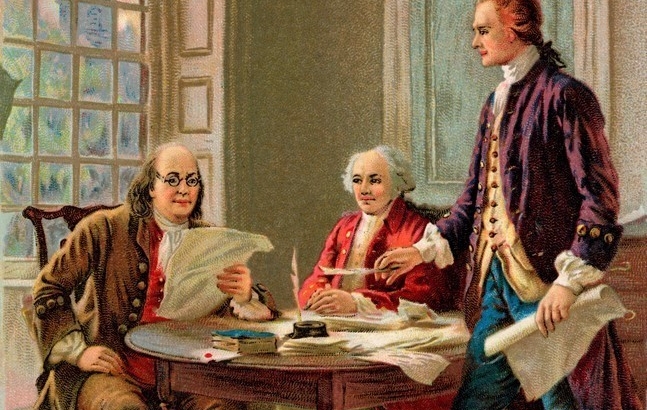
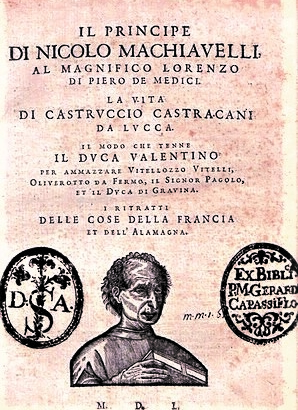 https://en.wikipedia.org/wiki/The_Prince#/media/File:Machiavelli_Principe_Cover_Page.jpg
https://en.wikipedia.org/wiki/The_Prince#/media/File:Machiavelli_Principe_Cover_Page.jpg https://en.wikipedia.org/wiki/Giovanni_di_Bicci_de%27_Medici#/media/File:Giovanni_di_Bicci_de'_Medici.jpg
https://en.wikipedia.org/wiki/Giovanni_di_Bicci_de%27_Medici#/media/File:Giovanni_di_Bicci_de'_Medici.jpg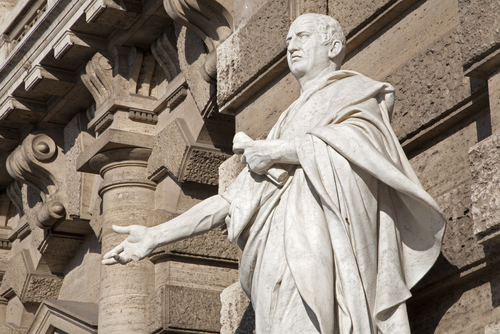
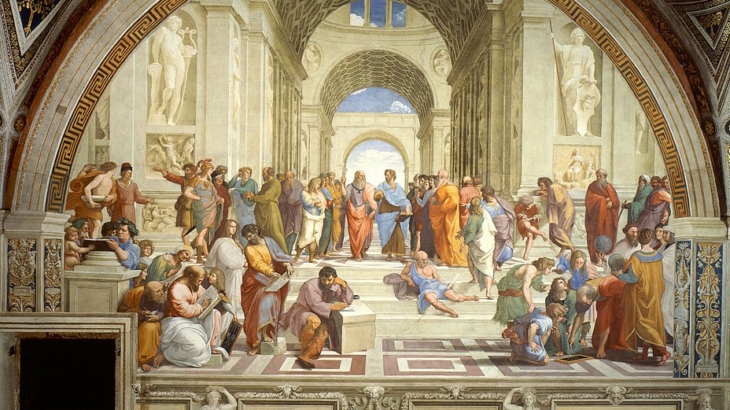
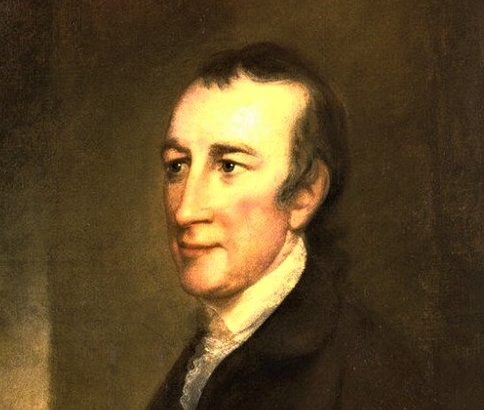
 Podcast by Maureen Quinn.
Podcast by Maureen Quinn.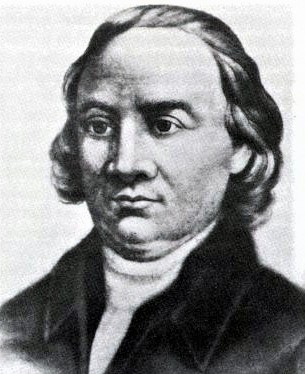
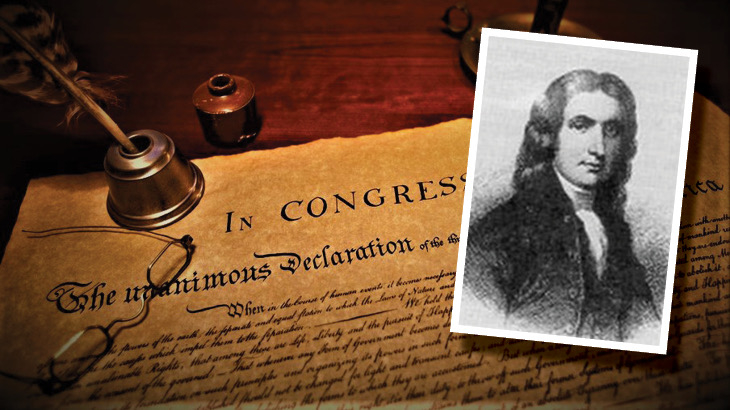
 James C. Clinger is a professor in the Department of Political Science and Sociology at Murray State University. He is the co-author of Institutional Constraint and Policy Choice: An Exploration of Local Governance and co-editor of Kentucky Government, Politics, and Policy. Dr. Clinger is the chair of the Murray-Calloway County Transit Authority Board, a past president of the Kentucky Political Science Association, and a former firefighter for the Falmouth Volunteer Fire Department.
James C. Clinger is a professor in the Department of Political Science and Sociology at Murray State University. He is the co-author of Institutional Constraint and Policy Choice: An Exploration of Local Governance and co-editor of Kentucky Government, Politics, and Policy. Dr. Clinger is the chair of the Murray-Calloway County Transit Authority Board, a past president of the Kentucky Political Science Association, and a former firefighter for the Falmouth Volunteer Fire Department.